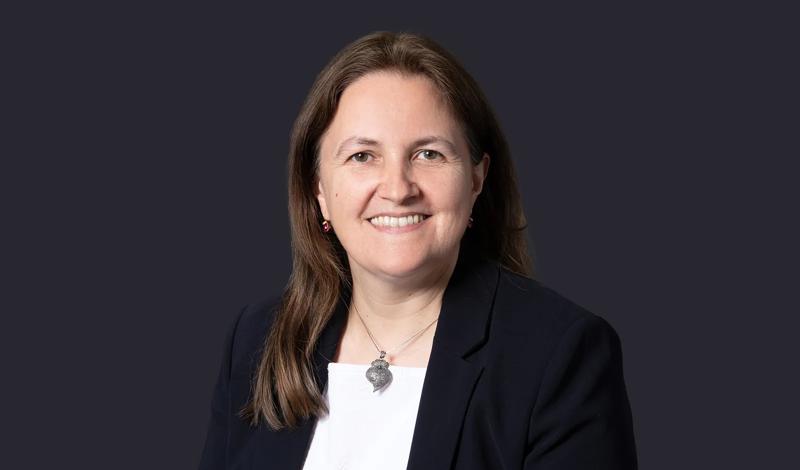Public Matters - November 2022
Welcome to our Public Matters Newsletter.
This month we have:
COP27 - what can we expect?
COP27, the global annual climate conference, has kicked off in Sharm el-Sheikh, Egypt. We are looking ahead to the conference to see the types of issues that may arise and the key talking points and themes we expect will be addressed over the coming weeks.
Hillside — the end of drop in applications?
On 2 November 2022, the Supreme Court handed down its judgment of the case Hillside Parks Ltd v Snowdonia National Park Authority [2022] UKSC 30. This article explores the judgement of this case which now has significant implications for both developers and local planning authorities.
Settlement agreements – what are the limitations?
Settlement agreements are commonplace in an employment context. This article explores the issue of alleged discrimination which takes place after entering into a settlement agreement.
Dipping in and out of the Investment Zones
This article talks about the recent announcement on 17 November about Investment Zones where there is now a proposal for a smaller number of clustered zones earmarked for investment.
Assaults on school staff - how can schools mitigate the risk?
Injuries to teachers and support staff due to assaults by pupils can be serious, and even minor incidents can cause significant disruption. This is something that all school leaders will be made aware of and this article explores the importance of schools ensuring that they comply with their duty of care to mitigate those risks.
Author









































